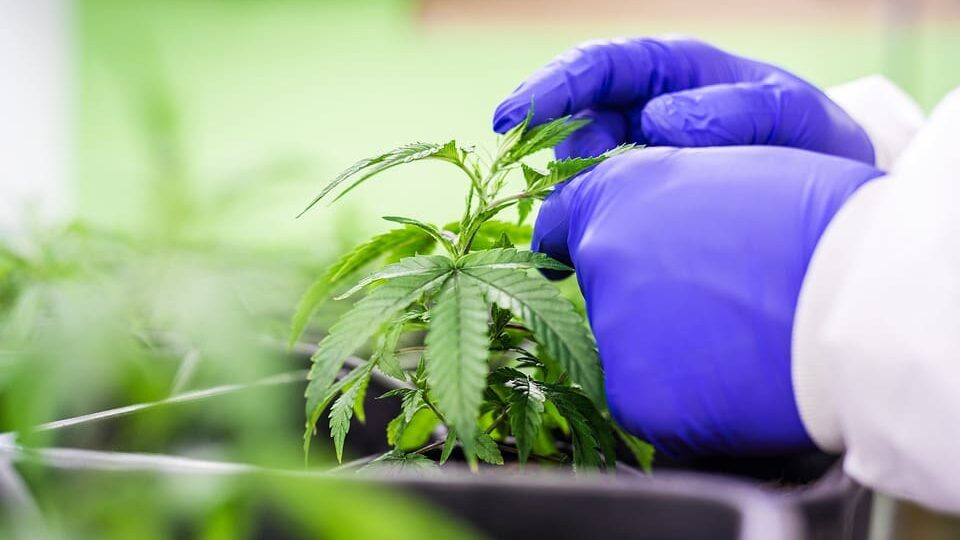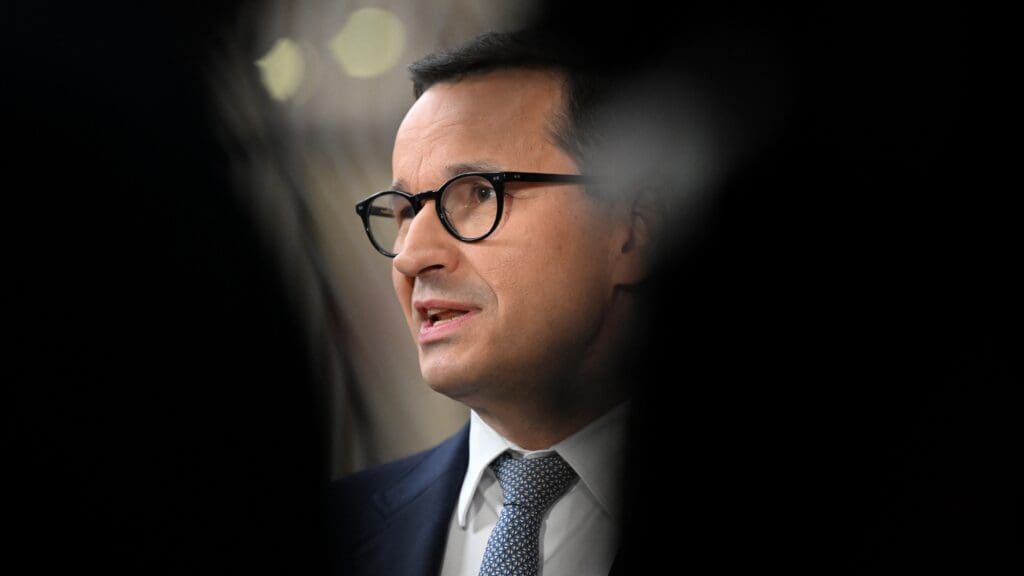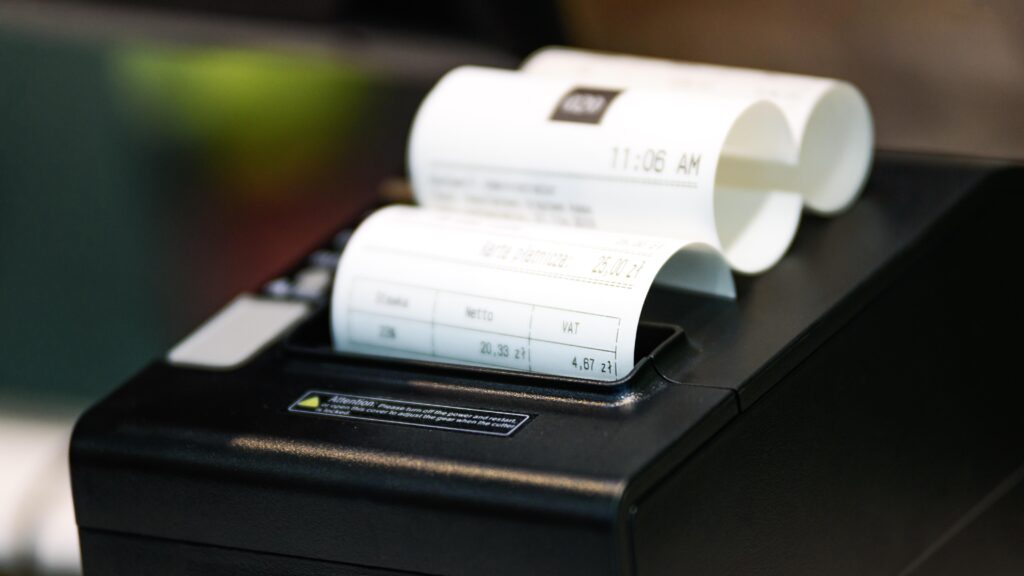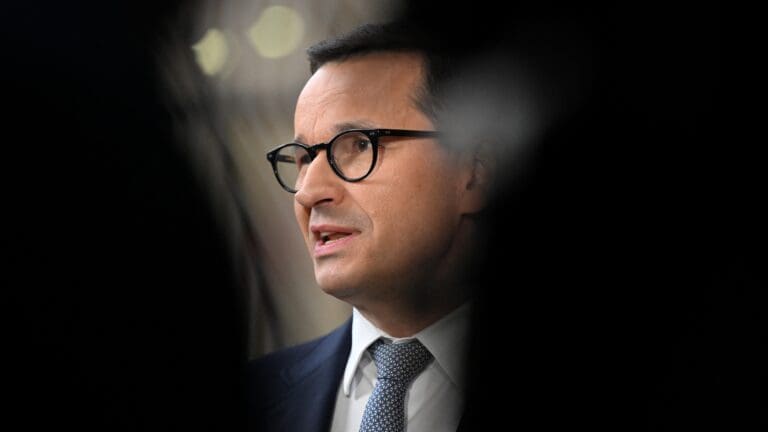Ukrainian President Volodymyr Zelenskyy recently signed a bill legalizing the prescription of cannabis-based medicines for conditions such as pain, cancer, and PTSD, among others. Prior to that, both Zelenskyy and the country’s health minister advocated for its passage, emphasizing the potential benefits of medical cannabis in aiding Ukrainians in coping with the trauma resulting from the Russian invasion. The Ministry of Health has estimated that the demand for these treatments has surged threefold since Russia’s invasion of Ukraine in February 2022, with as many as six million individuals now grappling with not only PTSD and other mental health ailments, but also chronic pain stemming from injuries and cancer.
‘Undoubtedly, the adoption of the law on the legalization of medical cannabis is a great victory for the entire patient community,’ stated Iryna Rachynska, a member of the Patients of Ukraine campaign group, in an interview with Forbes. She further remarked that presently, approximately 6 million Ukrainians—the same figure as mentioned before by the Ministry of Health—require cannabis-based medicines and preparations. Rachynska noted that
this figure is steadily rising
and anticipates that the trend will persist as long as the conflict continues in the country.
Following Zelenskyy’s signature, the various ministries will undertake the drafting of necessary legislation in the coming months to facilitate the import of cannabis-based medicines into the country, as well as the domestic cultivation of medical cannabis. In the latter case, it is anticipated that several years will be required to establish sufficient cannabis production to meet domestic demands. However, according to Hanna Hlushchenko, an independent European medical cannabis advisor collaborating with the Ukrainian Association of Medical Cannabis, the initial imported products could potentially arrive in Ukraine as early as the end of 2024.
Although the ongoing conflict serves as the primary impetus behind the decision of Ukrainian lawmakers and the president, it is precisely this conflict that renders the situation particularly precarious. From Hungary’s perspective, developments in the neighbouring country in this regard carry significant weight. In an article published on the matter by Mandiner, several experts have voiced concerns, emphasizing the risks associated with legalizing medical cannabis use in Ukraine—and the potential ramifications for Hungary.
‘We are dealing with a nation in a state of war, engulfed in chaos, with a shattered economy, healthcare, and social services. There is a significant risk that Ukraine may witness the emergence of a dual drug market,’ stated Kristóf Téglásy, Head of Strategy at the Drug Research Institute. According to the expert, despite stringent licensing and control requirements outlined in Ukrainian legislation for cultivation and sales, ensuring compliance will prove exceedingly challenging. Téglásy also asserted that it is conceivable that stricter border protection measures will need to be implemented once the law takes effect, as the influx of refugees attempting to smuggle cannabis en masse could eventually impact Hungary. The expert expressed concern that
large quantities of marijuana may be smuggled from Ukraine into Hungary and the EU
in the future, potentially fueling the black market and exacerbating public safety concerns.
In an interview with the Drug Research Institute, Bálint Somkuti, a researcher at the Geopolitical Workshop of Mathias Corvinus Collegium, expressed the view that ‘legalizing marijuana was by no means a good decision,’ even for the military. Before legalizing medical marijuana for civilians, Ukrainian lawmakers initially extended a similar decision to soldiers. Bálint Somkuti cautioned that by creating such legal loopholes, Ukrainian MPs were navigating perilous waters, as closing them afterward proves to be exceedingly challenging.
In Europe, Germany is currently in the process of preparing for legalization, with proposals to permit the possession of up to 25 grams of marijuana, allow purchases of up to 50 grams per month, and permit the home cultivation of three plants for ‘recreational’ purposes. As highlighted by Mandiner, experts express concerns that the legalization of cannabis in Germany may lead to the emergence of a dual drug market—just like in the case of Ukraine.
Related articles:








